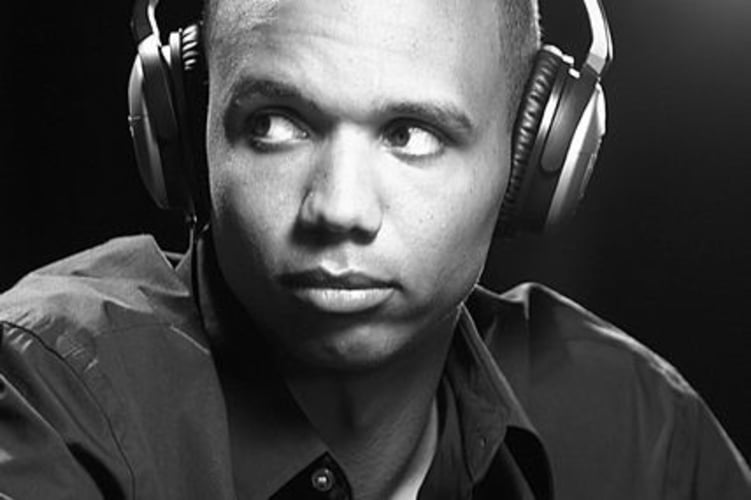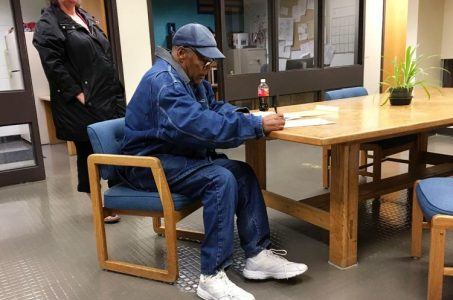Borgata Seeking $15.5 Million from Phil Ivey in Edge-sorting Case
Posted on: November 10, 2016, 06:00h.
Last updated on: November 10, 2016, 02:36h.

The Borgata casino in Atlantic City is seeking $15.5 million from Phil Ivey after a federal judge ruled last month that the poker player was in breach of his contract with the casino during four sessions of mini-baccarat in 2012.
Ivey and his accomplice Cheng Yin Sun “won” $9.6 million using a practice known as edge-sorting, in which a player can turn the odds in their favor by identifying tiny discrepancies in symmetry on the backs of cards.
Ivey and Sun have never denied edge-sorting but claim they won the games without cheating, using skill. The Borgata disagreed and sued for its money back, claiming fraud.
$249,000 in Comps
Last month’s judicial decision cleared the pair of fraud but ruled that they were in breach of contract with the Borgata. The judge also said they had violated New Jersey’s Casino Control Act by adjusting the odds of baccarat in their favor.
The Borgata was asked to submit a new brief outlining damages resulting from the breach of contract and its preferred judgement. In the brief, filed to the court on Wednesday, the casino says, firstly, it wants the disputed funds returned.
This has become a larger figure of $10.1 million, presumably because it includes interest.
The Borgata is also seeking $249,000 on top of that, which represents the players’ comps during the four sessions. Either some private jets were involved or they were drinking Chateau Margaux by the bath-load.
Expectation Damages
And lastly, it’s also claiming something called “expectation damages,” to the tune of $5.4 million. This is a bold one: the Borgata believes that had Ivey and Sun been playing the sessions without edge-sorting they would have lost $5.4 million, according to the expected value of the mathematical house edge.
From NJ.COM:
In April 2012, Ivey played 1,180 hands with an average bet of $25,000.
In May 2012, it’s 4,215 hands with an average bet of $36,000.
In July 2012, it’s 1,373 hands with an average bet of $93,000.
In Oct. 2012, it’s 1,850 hands with an average bet of $96,000.
The Borgata will have a hard time justifying this one, since it’s unlikely that Ivey and Sun would have been playing the games without their edge, at least for the above stakes.
And since Ivey and Sun were edge-sorting, the casino is essentially claiming losses that don’t exist on a game that was never played, and we can’t imagine that sits well with New Jersey’s Casino Control Act either.
The likelihood, of course, is that the Borgata isn’t expecting to receive its expectation damages but is simply bidding as high as it possibly can in an attempt to guarantee the highest possible settlement.
Ivey and Sun’s legal team has 20 days to respond to the Borgata brief.
Related News Articles
Most Popular
Mirage Las Vegas Demolition to Start Next Week, Atrium a Goner
Where All the Mirage Relics Will Go
Most Commented
-
Bally’s Facing Five Months of Daily Demolition for Chicago Casino
— June 18, 2024 — 12 Comments -
Chicago Pension Mess Highlights Need for Bally’s Casino
— July 2, 2024 — 5 Comments
















No comments yet